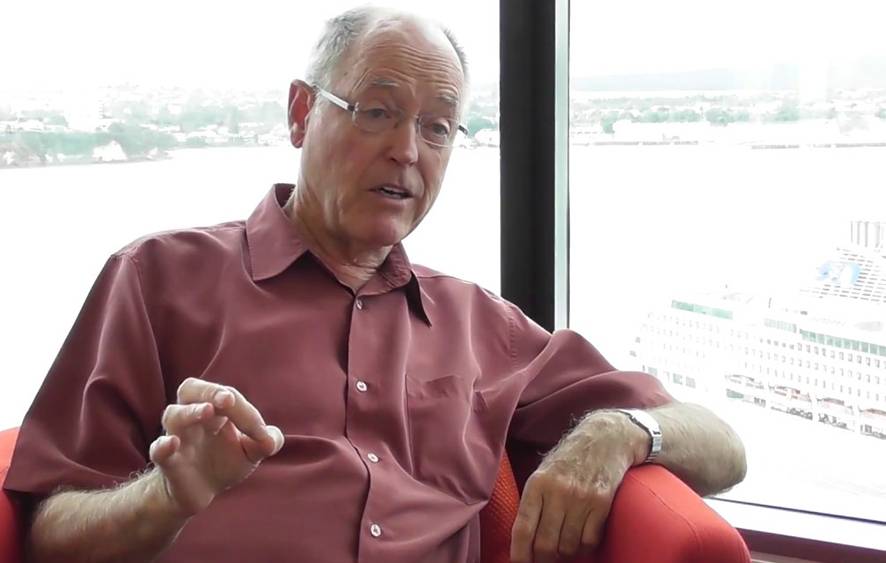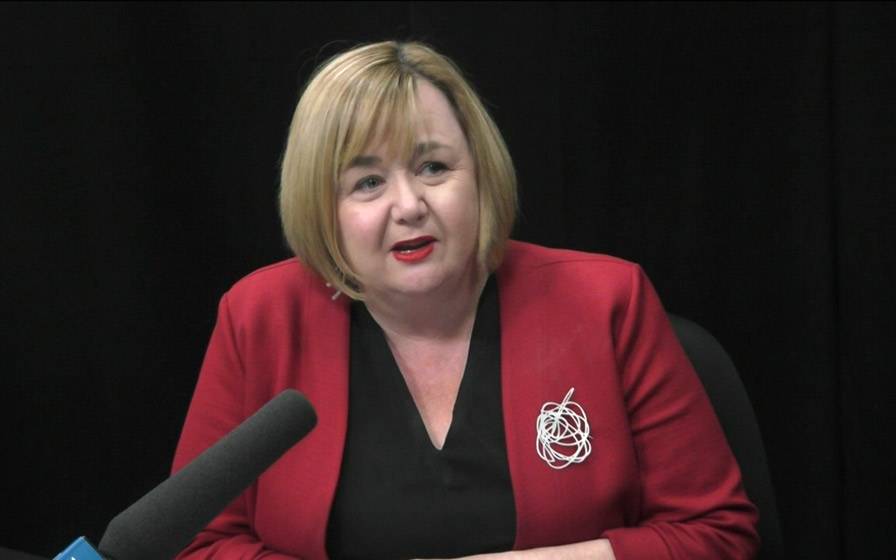Common ground, climate differences, inflation, speed cameras
ANALYSIS: Former political leaders say New Zealand has a huge stake in maintaining a cordial relationship with China.
Beehive Banter.
ANALYSIS: Former political leaders say New Zealand has a huge stake in maintaining a cordial relationship with China.
Beehive Banter.
Former Labour Prime Minister Helen Clark and former National and Act Party leader Don Brash make unlikely allies.
But this week, they have been expressing alarm about the approach Prime Minister Christopher Luxon is taking towards China as he aligns New Zealand’s foreign policy more closely with the United States.
Comments Luxon made in an interview with the Financial Times at the end of his trip to the United States appeared to disturb the two former leaders the most. It prompted them to put out an unprecedented joint statement criticising his comments.
“Just one month after the New Zealand Government hosted the Chinese Premier in New Zealand, and with no hint of a major change in New Zealand’s foreign policy in the National Party’s election campaign last year, the Prime Minister’s comments to the Financial Times strongly suggests that he has abandoned New Zealand’s independent foreign policy,” they said.
Clark and Brash, who were once fierce political rivals, are worried by Luxon saying New Zealand’s defence assets being a “force multiplier” for Australia, the United States and others, of boosting defence spending when public spending was under pressure, and of continuing to ‘name and shame’ China for alleged spying. He had also said New Zealand was “very open” to joining the second pillar of Aukus.
Neither Clark nor Brash are naïve about Chinese spying but point out everyone else – including the US, the United Kingdom, and New Zealand – does it too. They also say China poses no military threat to New Zealand but is by a substantial margin this country’s biggest export market.
“New Zealand has a huge stake in maintaining a cordial relationship with China. It will be difficult, if not impossible, to maintain such a relationship if the Government continues to align its positioning with that of the United States,” they say.

Former National and Act Party leader Don Brash.
While politics in the US are so very fractious and partisan, Clark and Brash demonstrated this week that political foes in this country can still come together on issues where they have common ground.
There was, however, little common ground between the coalition Government and Opposition parties when Climate Change Minister Simon Watts released the coalition’s draft Emissions reduction plan. Many of the policies put in place by the previous Government have been dismantled and the draft plan relies heavily on a still-uncertain emissions trading scheme to do most of the heavy lifting in reducing emissions. Looking out beyond 2030, there are real questions about whether future emission reduction targets will be met.
Both Labour and the Greens condemned the draft plan, signaling a growing chasm, particularly between National and Labour, on climate change policies. While the two major parties had forged agreement on the Zero Carbon Act – which put New Zealand’s targets in legislation and set up the Climate Change Commission – they appear to find little agreement on the policies that should then be used to cut emissions.
Labour’s climate change spokesperson Megan Woods says the coalition has left New Zealanders in the lurch by cutting programmes such as the clean car discount and the Government Investment in Decarbonising Industry fund.
“They say Labour wasn’t doing anything for climate, yet they’ve spent their first seven months repealing climate policies. It is complete arrogance to claim you care about climate change when you’ve spent the first seven months of government undoing the previous Government’s climate progress,” Woods says.
The draft plan puts a lot of emphasis on the emissions trading scheme and says it expects technologies to emerge in the next six years to provide the tools needed to cut emissions after 2030.

Labour Party climate change spokesperson Megan Woods.
Meanwhile, Finance Minister Nicola Willis is taking much of the credit for inflation falling to 3.3% in the year to the end of June.
“The Budget we delivered in May was a careful combination of investment in frontline services whilst also continuing to do our bit to keep inflation down. Today’s data confirms that our approach in Budget ’24 was the right one – prudent government spending, lower taxes for hard-working New Zealanders, and laying the foundations for New Zealand’s economic recovery,” Willis said in a statement this week.
That data, of course, relates mostly to a period before the Budget, and inflation is largely coming down in response to the Reserve Bank’s move to start raising interest rates from October 2021. Then the official cash rate moved from 0.25% to 0.5%, before finally peaking at 5.5% in May 2023, where it has stayed ever since.
Inflation peaked at 7.2% in June 2022, largely driven by international pressures, extraordinarily low interest rates, and the fiscal stimulus of the Labour Government’s Covid-19 response. It only started to move down in early 2023 as higher interest rates started to bite. By September of that year, just before the election, inflation had fallen to 5.6%, dropping to 4.7% at the end of the year. It has continued to fall this year and will likely be closer to 2% in the year to the end of September, well inside the Reserve Bank's 1-3% target band.
There are now expectations the Reserve Bank will start to ease monetary policy later this year rather than next.
The Government will take credit for lowering inflation – with National having made the cost-of-living crisis a key focus before the election – and falling interest rates will also do it no harm politically as households start to feel the financial pressure on them ease.

After surging over the past few years, inflation is now heading back within the Reserve Bank’s 1-3% target band.
Those same households – as they drive around the country’s streets – might also thank the Government for putting up signposts alerting them to fixed speed cameras.
Transport Minister Simeon Brown says that, in 2019, the previous Government announced the signs would be rolled out across the country but failed to deliver. The rollout of speed camera signs has now begun and will be completed by June next year.
“Speed cameras should be about improving safety, not raising revenue. And that’s why they should be sign-posted so Kiwis have a fair warning to slow down and avoid the ticket. It’s the right thing to do,” Brown says.
Next week, Parliament resumes sitting after a three-week recess and NBR's Beehive Banter presenter Grant Walker is back after trout fishing near Taupo.
Brent Edwards is NBR’s political editor.
Sign up to get the latest stories and insights delivered to your inbox – free, every day.